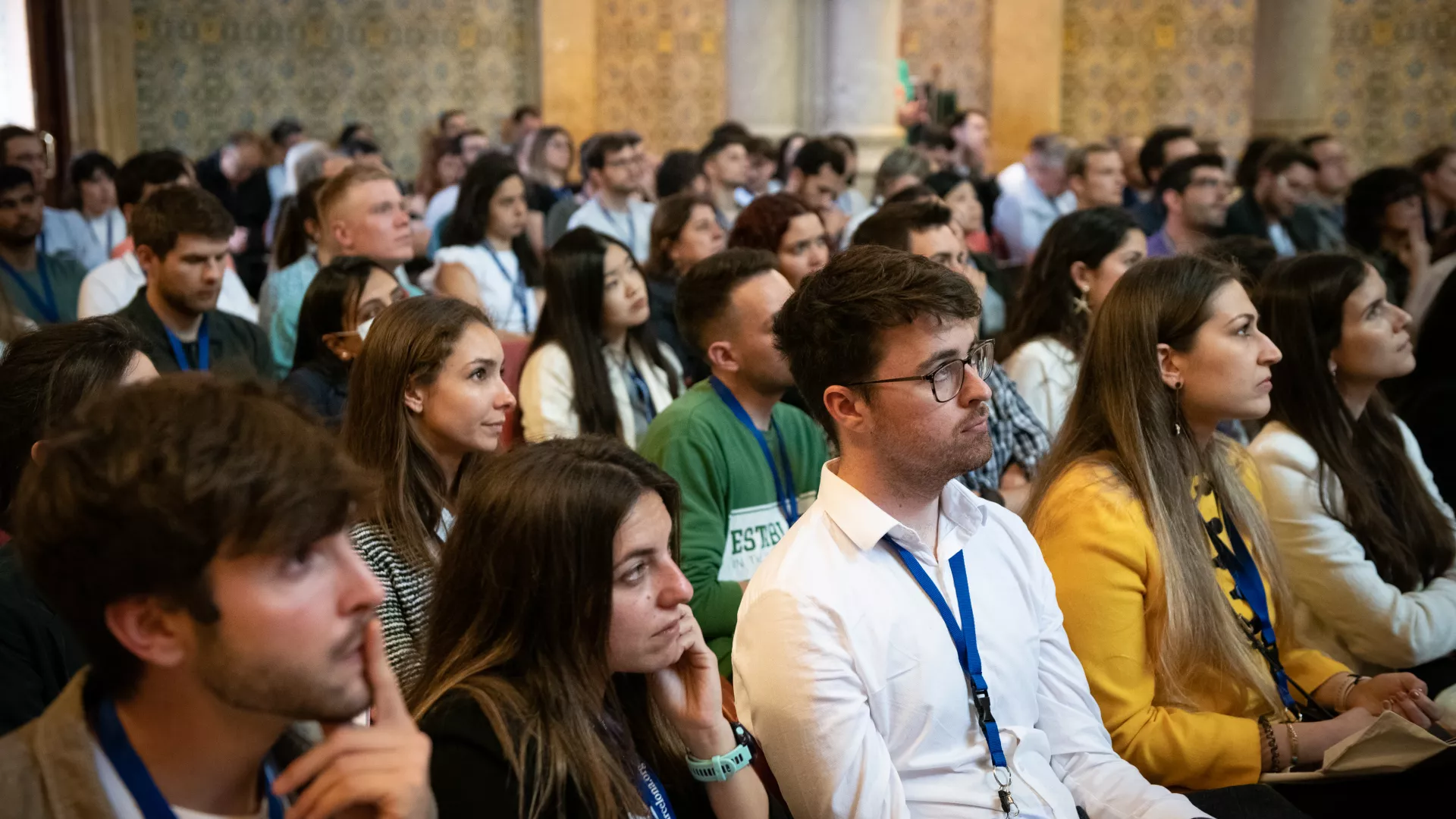Speaker: Alejandra Bruna, PhD Associate Scientist Cancer Research UK Cambridge Institute University of Cambridge
Presentation
Organizers: IRB Barcelona
Date: Friday, 26 January 2018, 12:00h
Place: Aula Fèlix Serratosa, Parc Científic de Barcelona, Spain
Host: Joan J. Guinovart, PhD (IRB Barcelona)
Abstract
Cancer’s heterogeneity and in particular cell functional heterogeneity has been historically underestimated and over-simplified, partly explaining the very disappointing overall survival benefits from new oncological therapeutic regimes. Heterogeneity of cancer needs to be adequately captured in pre-clinical models. With this in mind we recently published the derivation and validation of one of the largest and most extensively molecularly annotated breast cancer patient derived tumour xenograft (PDTX) collection, which I will be presenting during the first half of my talk. Our work showed PDTXs preserved upon initial engraftment and through passaging in the mouse the morphological and molecular characteristics of the originating tumour. We further optimized the generation of short- term cultures of PDTX-cells (PDTCs) and observed the intra-tumour genomic clonal architecture present in the originating breast cancers was also mostly preserved in PDTXs and in PDTCs. We next developed a robust, reproducible and selective high throughput drug-screening platform and showed most of the ex vivo drug responses were validated in vivo supporting this highly annotated PDTX/PDTC platform as a powerful resource for pre-clinical breast cancer pharmacogenomic studies, including identification of genomic biomarkers of response or resistance. Our current focus is to: 1) use these improved tools in drug discovery to unravel drug response-patient associations; 2) deepen our understanding of the genomic and functional mechanisms underlying cancer’s evolutionary processes, and 3) to explore the use of PDTXs in clinical decision making. I will be showing and discussing some of our preliminary unpublished results using high-dimensional single-cell profiling (DNA, RNA and protein) in mechanisms of acquired resistance to targeted therapy. We observed high-throughput single cell transcriptomic and proteomic data using 10X and CYTOF commercially available technologies, respectively, capture the tumour epithelial and stroma heterogeneity in breast cancer PDTXs. Overall, we believe the use of tools that capture cancer’s most fundamental feature, heterogeneity, will help to get deeper genomic and functional understanding of tumour evolutionary processes and to better understand the complexity associated between cancer phenotypes and drug responses in an unprecedented manner.
Plenary Seminar

